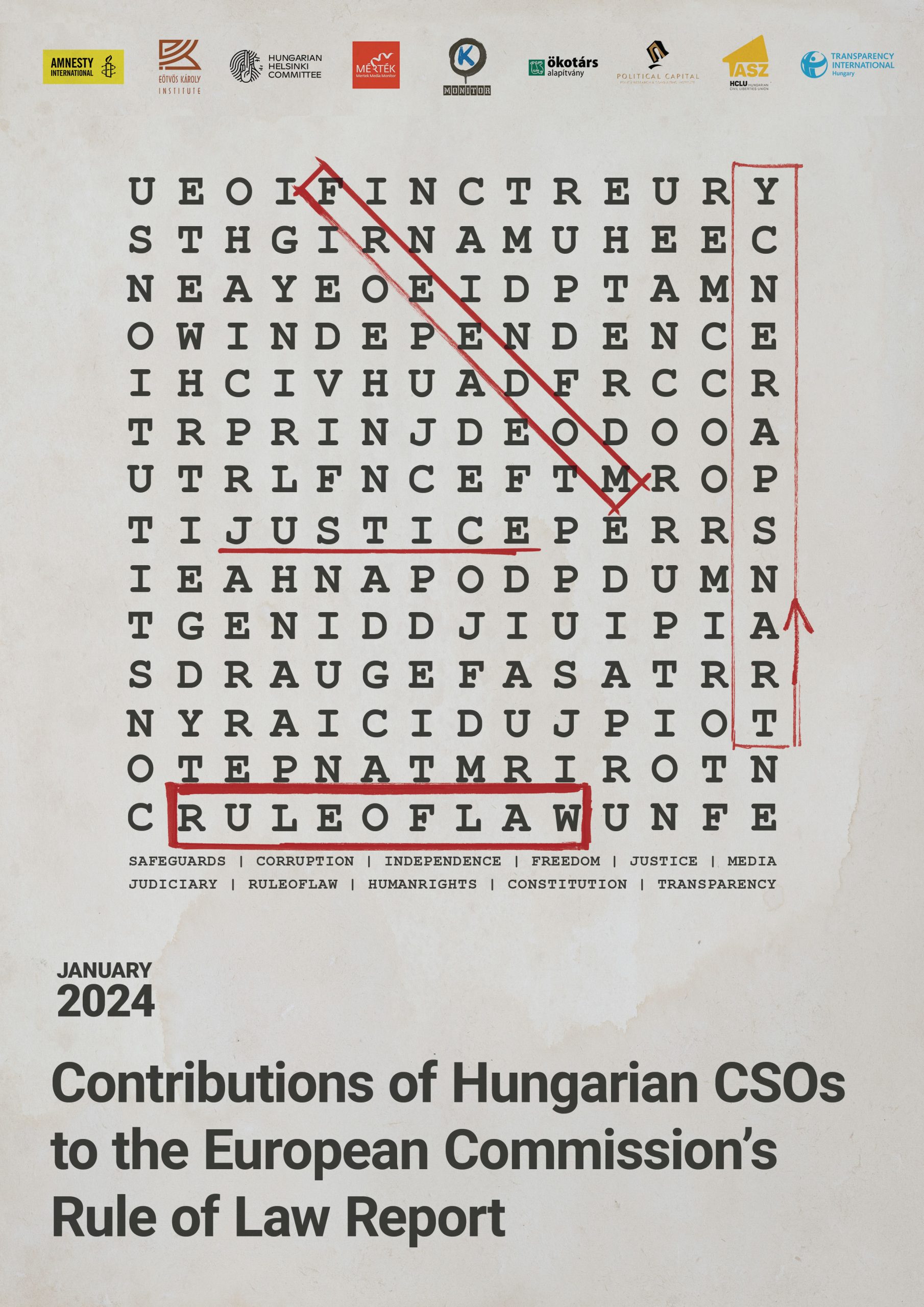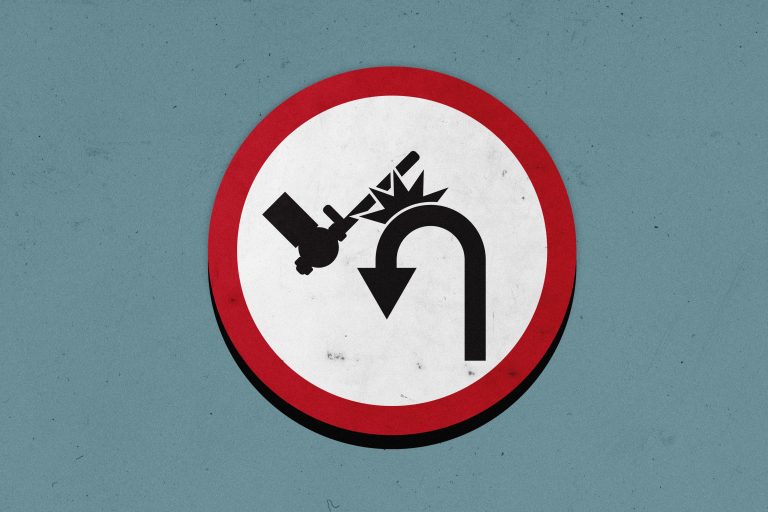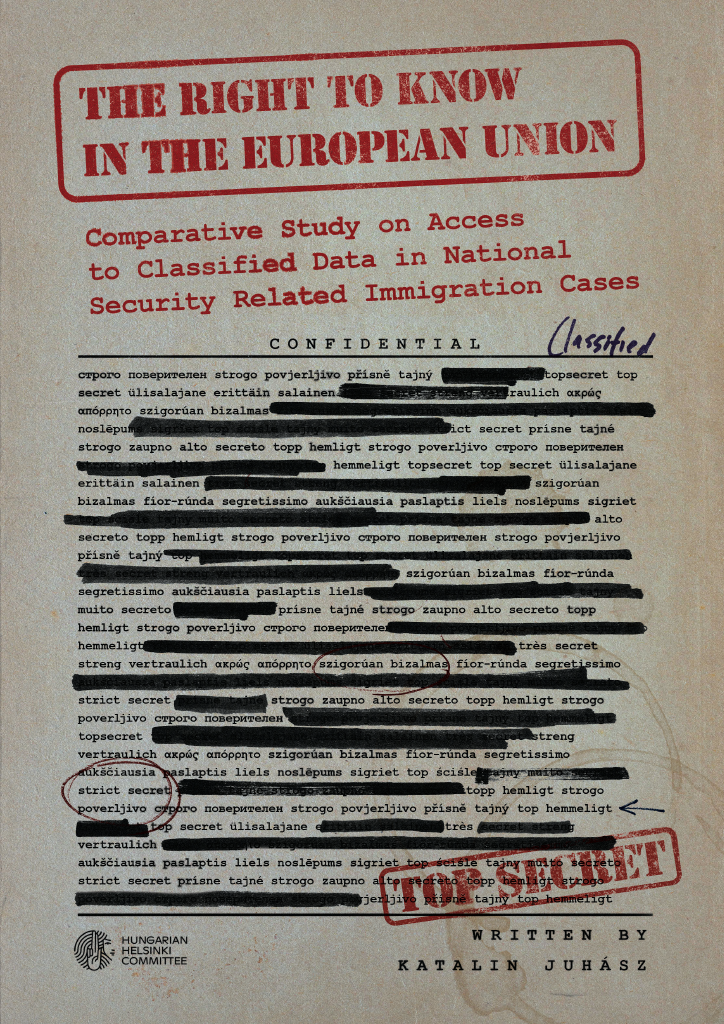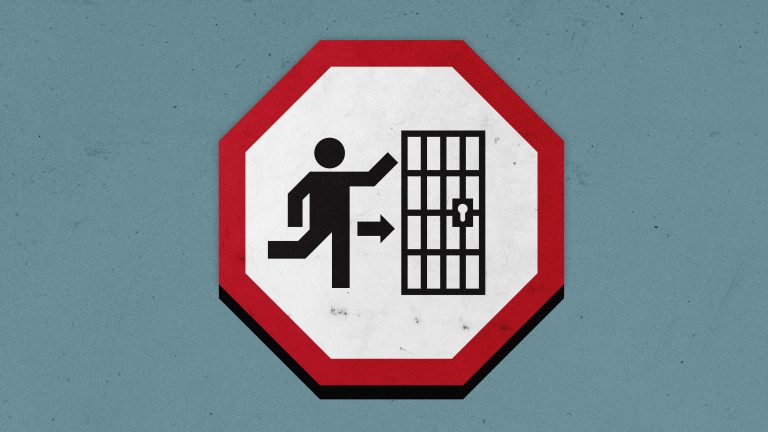Pushback The Government’s refusal to respect the EU Court’s judgement is severely harmful
Pushbacks and not implementing EU judgements already has a cost for Hungary - and a giant one


In February 2024, the Civilisation coalition conducted a survey among its partner organisations to understand the threats posed by the recently enacted Sovereignty Protection Act for civil society organisations in Hungary and to assess how … Read more

A client of the Hungarian Helsinki Committee has won a case against the Hungarian state in the Strasbourg Court. The young Iranian woman, who was separated from her family, was essentially held in solitary confinement in the Tompa transit zone. She has now been awarded €3500 in just reparation by the European Court of Human Rights.

The clients of the Hungarian Helsinki Committee have won a case against the state before the European Court of Human Rights. The asylum-seeking mother and her 5-year-old and 5-month-old children were denied food in the transit zone for 37 days. Their lives and health were saved by the support of their fellow migrants and charities.

A client of the Hungarian Helsinki Committee has won a case against the Hungarian state before the European Court of Human Rights. A young Iraqi man separated from his family was denied food in a transit zone for eight days. After 10 months, he was released from the container-prison only because the government – following a court ruling – dismantled them.

In June 2024, the Hungarian Helsinki Committee provided input to the call of the UN Special Rapporteur on the Independence of Judges and Lawyers for the forthcoming report on the undue influence of economic actors … Read more

Applications are now open for RARE (Recharging Advocacy for Rights in Europe) 2024-2026. Apply by 28 July 2024 to join RARE and take action together for civic space and the rule of law in the EU.

The 2024 Hungarian Citizen Election Report is a joint initiative of the most prominent Hungarian election-related organisations: 20k, Hungarian Civil Liberties Union (HCLU), Hungarian Helsinki Committee, Mérték Media Monitor, Political Capital, and Unhack Democracy. It aims to provide a credible picture of the European Parliament and local government election process through the eyes and experience of Hungarians, based on the analyses of experts with decades of experience and the personal observations of nearly a thousand poll workers who followed the voting process this year.

Ahead of the June 2024 General Affairs Council, a group of Hungarian civil society organisations call on Member States of the European Union to finally take action in the Article 7 procedure against Hungary that … Read more

Today the Court of Justice of the European Union ruled that Hungary is to pay a lump sum of 200 million euros for failure to implement an earlier judgement of the Court. The Government is also to pay a penalty payment of 1 million euros per day for each day it fails to put an end to the often violent pushback of migrants.

The Hungarian Helsinki Committee (HHC) is assessing the idea of establishing a specific online advice forum for European legal practitioners focusing on the application of fundamental rights in migration-related cases.

Earlier this month, the European Commission decided to drop Article 7 proceedings against Poland. The decision shows the EU’s primary rule of law tool is still alive, but that problems with its design persist – both in Hungary and Poland. To defend democratic security in the next institution cycle, steps need to be taken to make Article 7 more effective. Article by Márta Pardavi, co-chair of the Hungarian Helsinki Committee, originally published on Visegrad Insight.

Less than a year after taking remarkable steps to strengthen the independence of courts to gain access to frozen union funds, the Hungarian government is back again on its decade-long agenda to dismantle the system … Read more

Hungary will hold multiple elections on 9th June:
This Q&A provides practical information on the right to vote of NON-EU citizens (third country nationals) in the elections on 9th June 2024 in Hungary.
Are you an EU citizen in Hungary? See this guide.

Hungary will hold multiple elections on 9th June:
This Q&A provides practical information on the right to vote of EU citizens in the elections on 9th June 2024 in Hungary.
Are you a non-EU citizen in Hungary? See this guide.

On 9 June 2024, Hungary will hold elections for Members of the European Parliament, local government representatives, and representatives of minority self-governments. These will be the first nationwide elections since 3 April 2022, when Hungary … Read more

The Committee of Ministers of the Council of Europe supervising the implementation of the judgments of the European Court of Human Rights will put the case of former Chief Justice András Baka on the agenda in June 2024 again to examine the steps taken by Hungary to remedy the systemic problems that also concern Hungarian judges’ freedom of expression.

A gap-filling comparative and comprehensive research study on how the issue of applicants’ right to know and to access classified information is regulated in immigration-related proceedings in the Member States of the European Union, and whether national frameworks are in line with European standards.

A young Syrian woman fled both from the war and from forced marriage. She desperately needed help on several levels, yet she was locked up in Hungary. The European Court of Human Rights ruled in … Read more

In December 2023, the European Court of Human Rights rejected two requests for interim measures under Rule 39 of the Rules of Court in the case of a Russian dissident, who is to be returned … Read more

A ministerial decree has been published, outlining the comprehensive rules for the implementing of a credit system in Hungarian penitentiary institutions starting from March 1st 2024. The core concept of the credit system revolves around the accumulation of … Read more